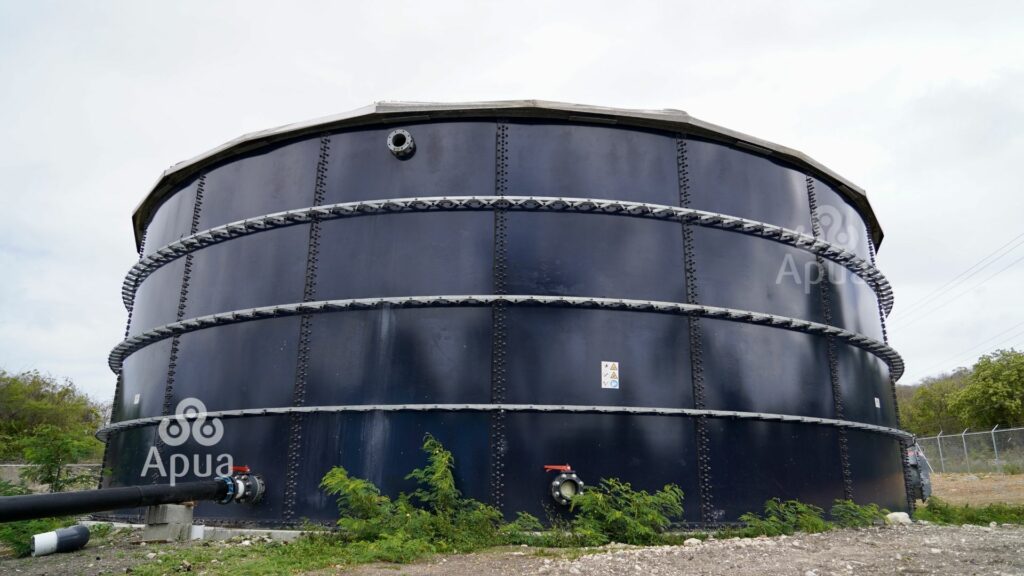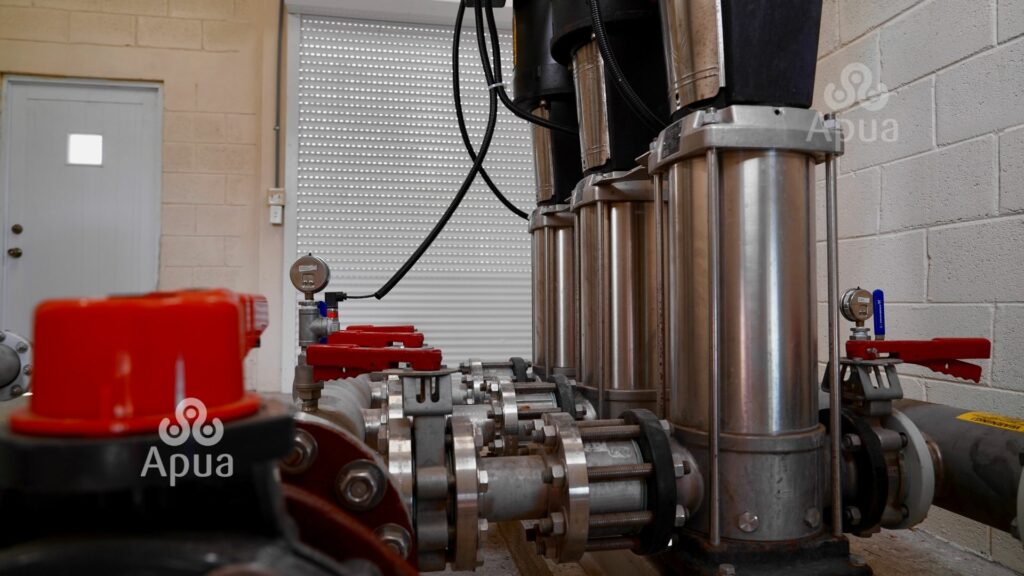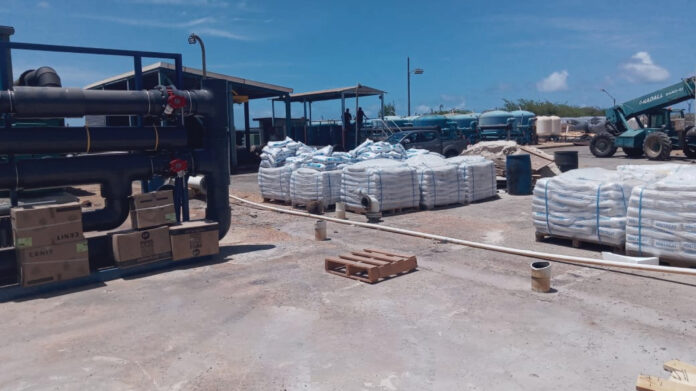By Shermain Bique-Charles
Efforts by the Antigua Public Utilities Authority (APUA) to boost the island’s water supply are progressing, with the arrival of two filtration membranes for two offline reverse osmosis units.
APUA, the country’s sole utility provider, has been on everybody’s lips in recent months, with more and more residents registering their frustration with current water availability.
APUA Communications Officer Anazette Reynolds told Observer yesterday that the membranes are on site, as well as two engineers from Dubai who will be assisting with setting up the filtration system.

“What this means is that the two units at Crabbs that were offline will be totally refurbished. We began this refurbishment in February this year and, once this is completed, this will increase the capacity at Crabbs by an additional million gallons of water per day.
“This will bring the daily production of Crabbs back to 3.2 million gallons per day,” she said.
APUA is also anticipating the arrival of more filtration membranes, according to Reynolds.
“We ordered some additional membranes. They have arrived at the shipping facility in Miami. Those will aid in terms of maintaining the additional units at Crabbs and the Ivan Rodrigues Reverse Osmosis Plant.
“Once that is completed, it will be an additional seven hundred thousand gallons,” she said.
The main opposition United Progressive Party has blamed the ruling Labour Party administration for long-standing insufficient water supply, calling it an issue of poor management.

The party has also been calling on the government to commission several unused water storage tanks around the country.
Reynolds said APUA recently commissioned one of these storage tanks and is currently working on bringing others online.
“The St Phillips plant and the Wallings storage tank have been in use. We have recently commissioned the storage tank at Collins and currently that is assisting in improving the services in the communities of Newfield all the way to Freetown,” she added.
Reynolds also confirmed that there are two additional storage tanks that have not yet been commissioned, because they require the running of distribution lines.

